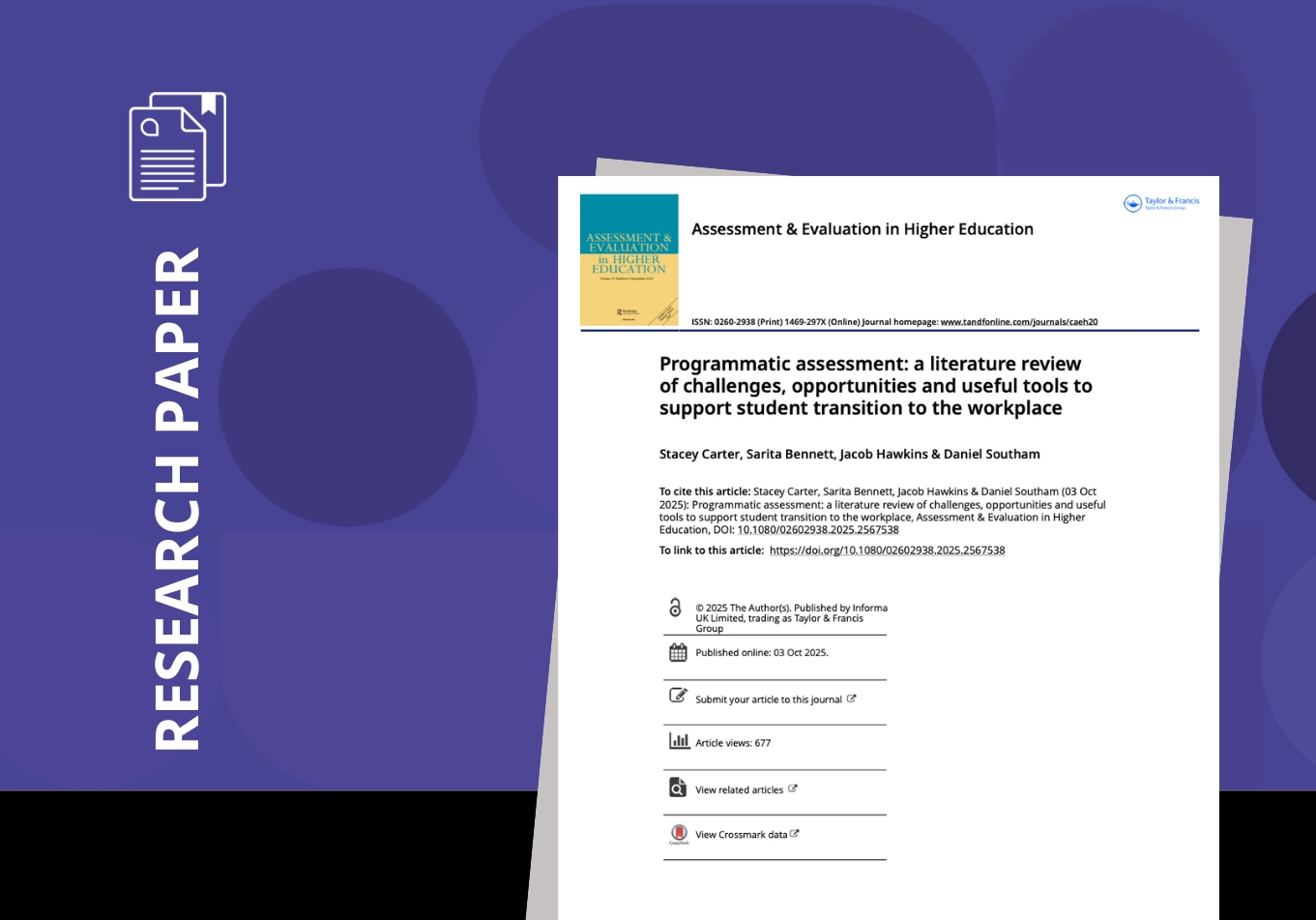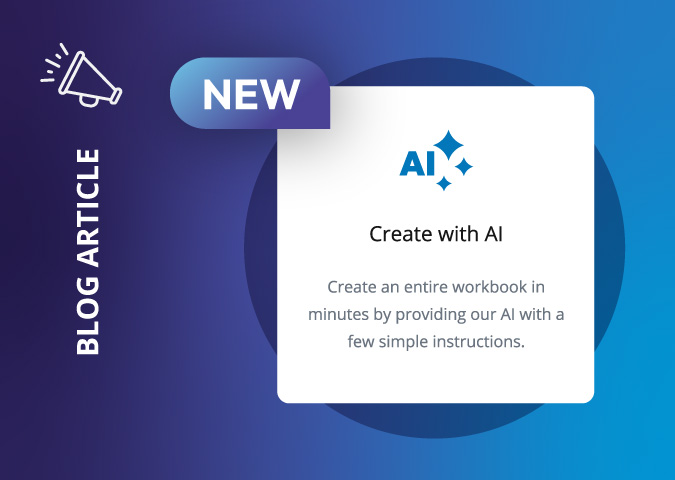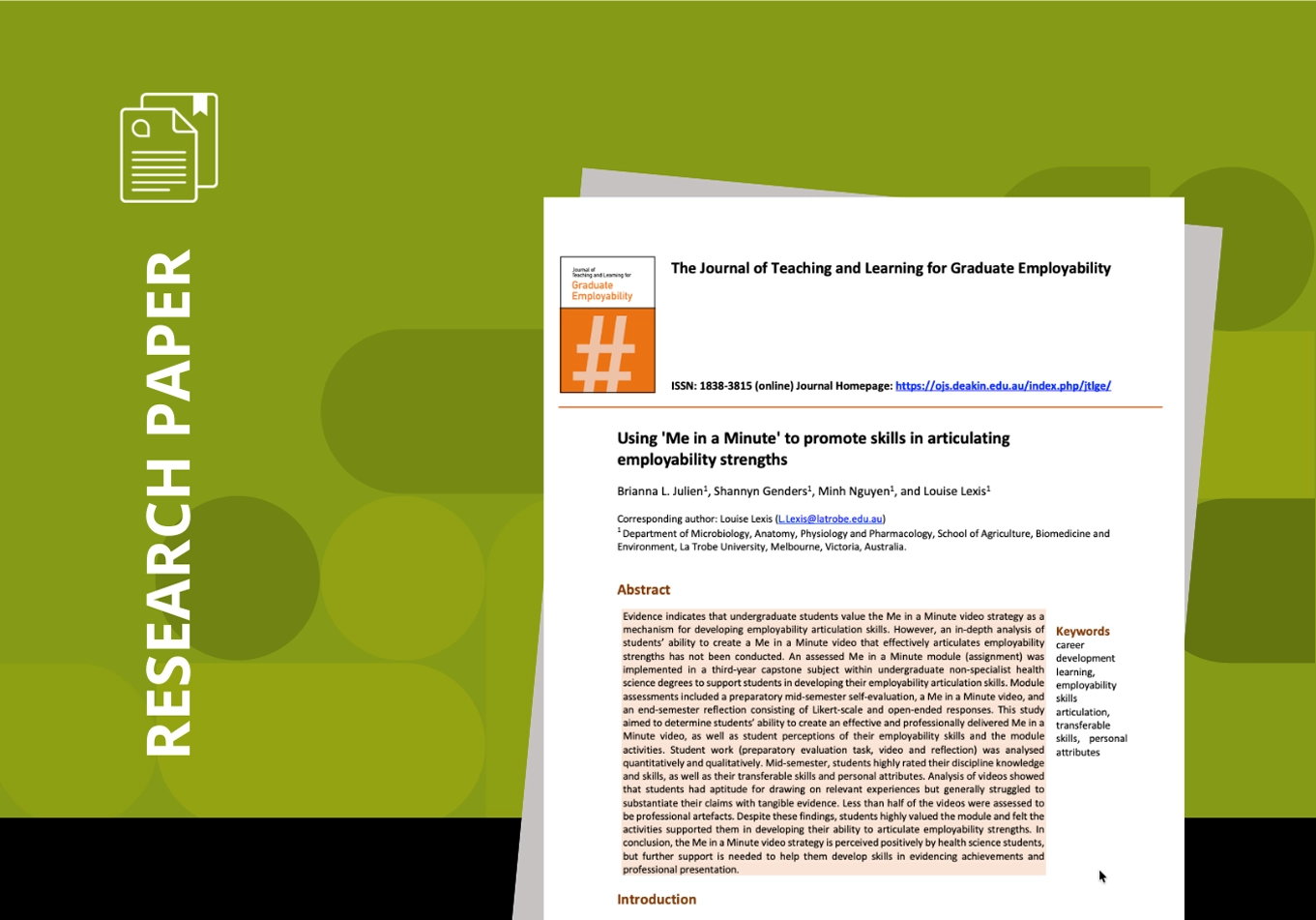Published Paper Title
Programmatic assessment: a literature review of challenges, opportunities and useful tools to support student transition to the workplace
Authors
- Stacey Carter, School of Molecular and Life Sciences, Curtin University
- Sarita Bennett, Department of Science and Engineering, Curtin University
- Jacob Hawkins, School of Molecular and Life Sciences, Curtin University
- Daniel Southam, Department of Science and Engineering, Curtin University.
Published
Assessment & Evaluation in Higher Education, Published by Information UK Limited, 3 October 2025.
Summary
Assessment is a vital component of higher education, serving to measure student achievement, guide learning, and demonstrate institutional quality assurance. However, evidence increasingly suggests that traditional assessment practices rely excessively on singular, high-stakes outcomes. These approaches often provide limited feedback, lack diversity in assessment types, may be inequitable, and can inadvertently encourage academic dishonesty.
This paper explores contemporary perspectives on the use of programmatic assessment (PA) in tertiary education. Drawing on a narrative literature review of over 180 sources, it synthesises current understanding of PA and its implications for educational practice.
Findings highlight the value of PA’s ongoing and developmental nature. Key features include iterative feedback, mentoring support, curriculum alignment, and clarity in data collection and interpretation. These elements collectively contribute to enhanced student learning experiences. Specifically, PA supports the development of professional identity and employability skills, equipping students for workplace readiness and lifelong learning.
The paper also offers practical implications for educators implementing PA. It discusses how tools such as ePortfolios, micro-credentials, and generative AI can be leveraged to foster student professional identity. A series of recommendations is provided to summarise the research and guide educators embarking on their PA journey.















